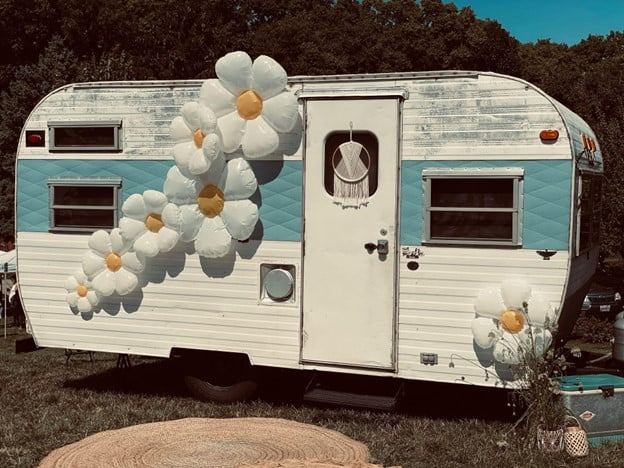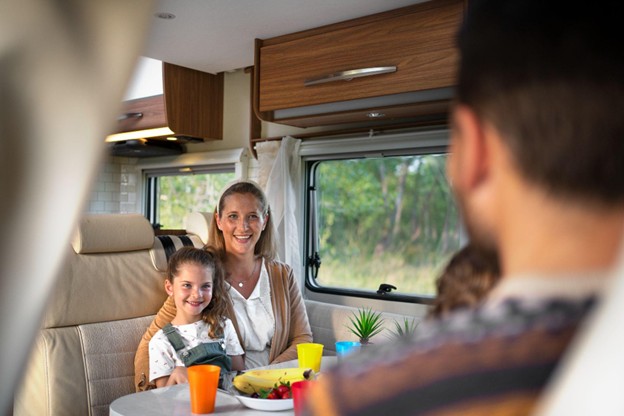Rv

When you consider RVs vs renting for the cheaper option, you have to ask a number of questions. One of these is, ‘What else can the place offer?’
One of the attractions an RV has over a fixed home is the flexibility it offers.
If you’re renting an apartment or house and are looking for a job, you’ll need to look for something within a reasonable commute. If you own an RV, you can pretty much look for a job anywhere. If you are a recruiter, then an RV can be just for you. It’s simply a matter of using software to recruit people, you can utilize solutions like an applicant tracking software to keep tabs on all applicants.
It also means that you will be generating an income, while having no cash output for workspace and staff.
Actual costs
To try to understand the cost of renting vs living in an RV, let’s do some math. For the purposes of this, we’ll assume you are a family of four renting either an apartment or a house. The average rental for a 2-bedroom apartment is around $1,400 - $2,700 / month.
The average rental for a 2-bedroom house is around $1500 - $3,200 / month. This means you will be spending between $1,400 and $3,200 a month on rental. On average, this included general amenities, such as water, electricity and cleaning. Some places also throw in WiFi, although laundry may be for your own account.
Class B or Class C RVs are the best sized RVs to go for if you want to live in them as a family of 4. They are also within the range that is allowed at most RV camps. The average price for a Class B RV is: new, around $100,000; used, around $30,000 – 50,000.
The average price for a Class C RV is: new, $50,000; used around $30,000. This is before you’ve paid for any amenities or parking for the vehicle.
Buying an RV ...
Carrie Stewart
February 7th, 2025




